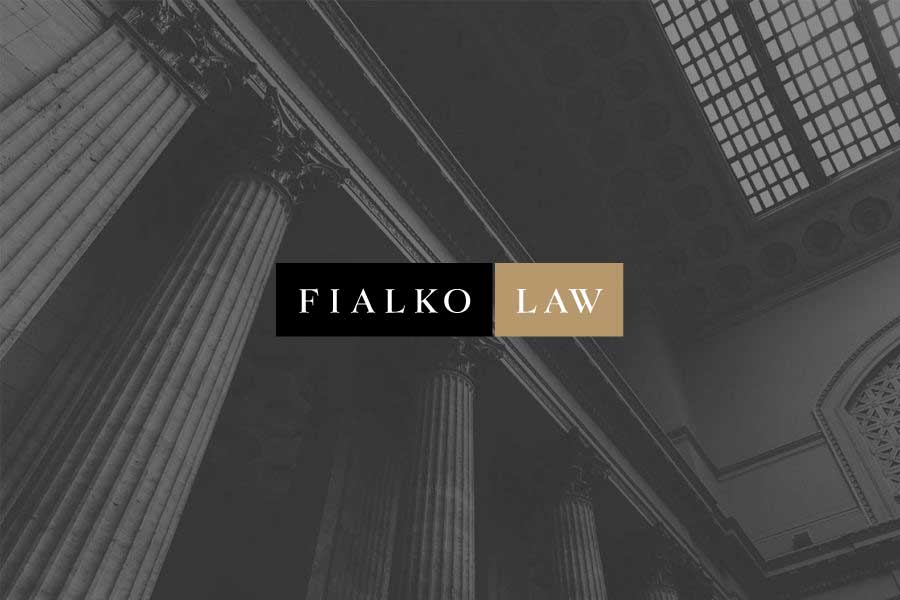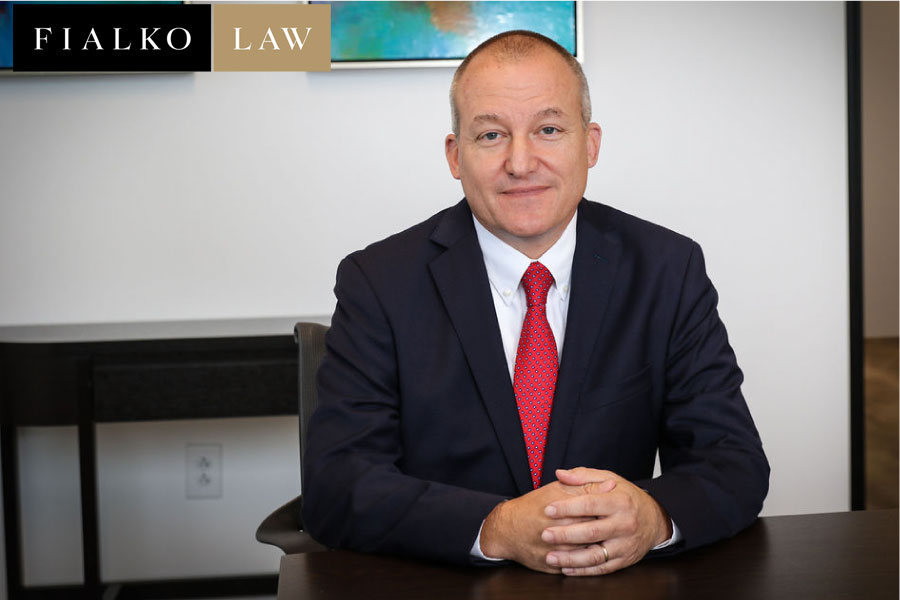Chris Fialko was hired to try to limit the damage in a corporate bribery scheme. The client had already pled guilty in federal court and hired Chris Fialko to help at the sentencing hearing. Fialko traveled to Kansas to meet with the client’s wife, children, brothers, and sisters in order to learn more about his life. Fialko wrote a sentencing memorandum that also focused on his client’s lesser role, and submitted that the client profited far less than the co-defendants. Although he was facing 57-71 months under Federal Sentencing Guidelines, the judge gave a downward variance and sentenced the client to 41 months instead.




